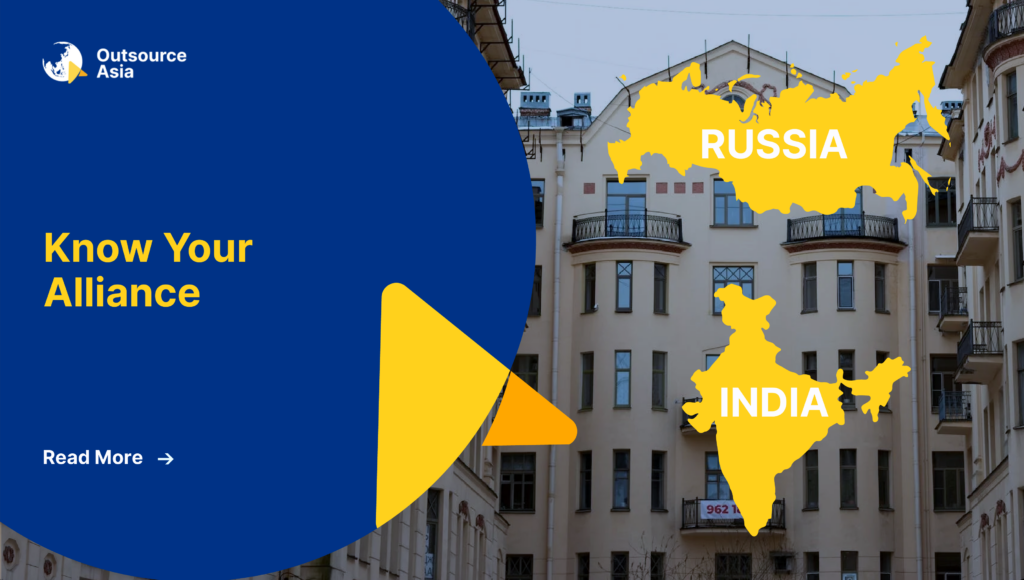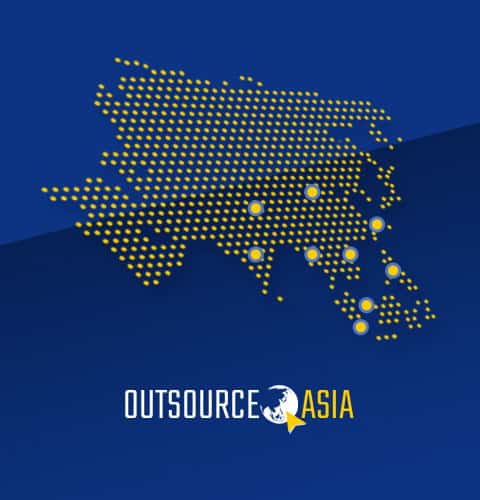
Know Your Alliance: India and Russia
The fall of the Soviet Union, the rise of India and China, the tensions between the United States and China, the deepening of U.S.-India ties, and the Russian-Chinese partnership intensified by Russian’s break with the West and the war against Ukraine have profoundly impacted Russian-Indian relations.
Why does New Delhi continue to cooperate with Moscow despite strong Sino-Russian ties? Experts and commentators in New Delhi are aware of Russia’s tightening ties with China. There is no doubt that the Indian government is aware of this as well.
India has remained steadfast in its partnership with Russia despite pressure from Western countries, refusing to condemn the conflict in Ukraine. Despite this, analysts say, India’s growing ties with the United States have not been affected and are unlikely to be affected.
Russian-Indian Partnership Remains Steadfast
As part of his visit to Moscow last month, Indian Foreign Minister Subrahmanyam Jaishankar announced that New Delhi would strengthen its economic ties with its Cold War ally.
As he said, any objective evaluation of our relationship over many decades would confirm that it has been very, very rewarding for both our countries,” he said.
The Indian government has abstained from United Nations resolutions condemning Moscow for its aggression and has not joined Western sanctions against Russia.
According to analysts, India cannot afford to isolate Moscow at a time when tensions are high with China and both armies are massing along the disputed Himalayan border for a third winter. India relies heavily on Russian tanks, fighter jets, and other equipment.
“If your soldiers are facing the Chinese, you can’t really take on the country that supplies you weapons. Harsh Pant, Vice President for Studies and Foreign Policy at the Observer Research Foundation in New Delhi, said India chose a more pragmatic approach because of its defense relationship with Russia.
Indian oil, coal, and fertilizer purchases from Moscow increased despite Western calls not to purchase Russian crude. By the end of the year, Russia was New Delhi’s top oil supplier, up from less than one percent before the war. According to Indian officials, buying oil from Moscow is to the country’s benefit.
In August, India joined China and several other countries in Russia’s large-scale Vostok military exercises.
Sreeram Chaulia, Dean of the Jindal School of International Affairs, said, “India will make decisions based on its national interests in the India-Russia relationship.
New Delhi, however, is concerned about the escalation in the Ukraine conflict. During a meeting held on the sidelines of a regional summit in Uzbekistan in September, Prime Minister Narendra Modi told Russian President Vladimir Putin that “this is not the era of war.” According to him, the world faced a number of challenges, including food and energy shortages that disproportionately affected developing nations.
According to the Indian foreign ministry, Modi again called for diplomacy and dialogue to end the conflict. An annual summit between Russian and Indian leaders has not been scheduled this year, which is significant.
India believes that many of the things the Russians are doing at the moment are unwarranted – like the attacks on civilians and the energy sector. Pant says there has been a negative response to what Russia is doing. Nevertheless, he added that public condemnation of Russia is not going to happen because “India believes there are several reasons for this conflict, and therefore political dialogue is the only way forward.”
Several have feared that India’s neutral stance on Russia will strain relations with the United States – it is the only member of the Quad alliance, which comprises India, the United States, Japan, and Australia, which has not sanctioned Russia. Western efforts to punish Russia for its aggression were undermined by India’s massive purchases of Russian oil, critics said. To counter an expansionist China, both countries strengthened their strategic partnership.
A U.S. Defense Secretary Lloyd Austin said in April during a meeting with the Indian foreign and defense ministers in New Delhi that the U.S. and Indian militaries were positioned to operate and coordinate closely across all domains and increasingly across the wider Indo-Pacific.
Earlier this year, U.S. Secretary of State Antony Blinken called the India-U.S. relationship “simply one of the most consequential in the world.”
Last month, Indian and American armies conducted exercises near India’s border with China. This was part of regular annual drills between the two armies, but the location was considered significant.
This consensus that India and America will have to work together has certainly been strengthened by the rise of China. Both sides benefit from the partnership. “Without India, there would be no Indo-Pacific, and I think America realizes the value of India as a partner, and India understands the value of Washington at this critical juncture.”
India wants to help negotiate a way out of the Ukraine conflict, which is causing a punishing toll on the global economy, analysts say. According to Chaulia, India wants to be a bridge builder between Russia and the West. “There are already behind-the-scenes talks and India hopes to play a constructive role in reducing the differences between the warring parties to halt at least armed hostilities.”
As a whole, these aspects do not constitute any ground-breaking leverage. Could New Delhi caution Moscow not to sell too many armaments to Beijing, since China is a more important buyer for Russia? Does India have the ability to warn Russia that it may purchase fewer Russian military products or crude when Beijing buys the same? If the Indo-Russian partnership is purely transactional, can India persuade Russia not to too closely cooperate with China, while the Sino-Russian partnership is not only business-related, but also geopolitical? Therefore, Delhi will maintain its partnership with Moscow not to keep Russia away from China – as the Indian government cannot do that – but rather despite Russia’s growing proximity to the Chinese capital.
Conclusion
Following the war in Ukraine, companies should evaluate their geo outsourcing and how that impacts their business continuity. Many Indian companies with deep investments have been exposed to unforeseeable risks due to the Russian lead aggression. It’s a good time to reevaluate outsourcing and the impact of potential sanctions on the business as they have a long-standing partnership and are feeling their dependence on each other.
In order to remain competitive, businesses must keep up with the fast-paced outsourcing industry. Your business will be affected by these trends both now and in the future.
What criteria do you employ to choose the perfect outsourcing partner? If you need help in finding the right outsourcing partner, book a FREE APPOINTMENT with Outsource Asia experts today.


